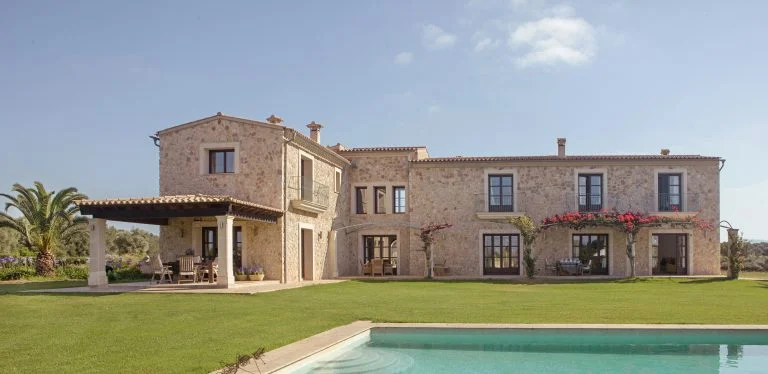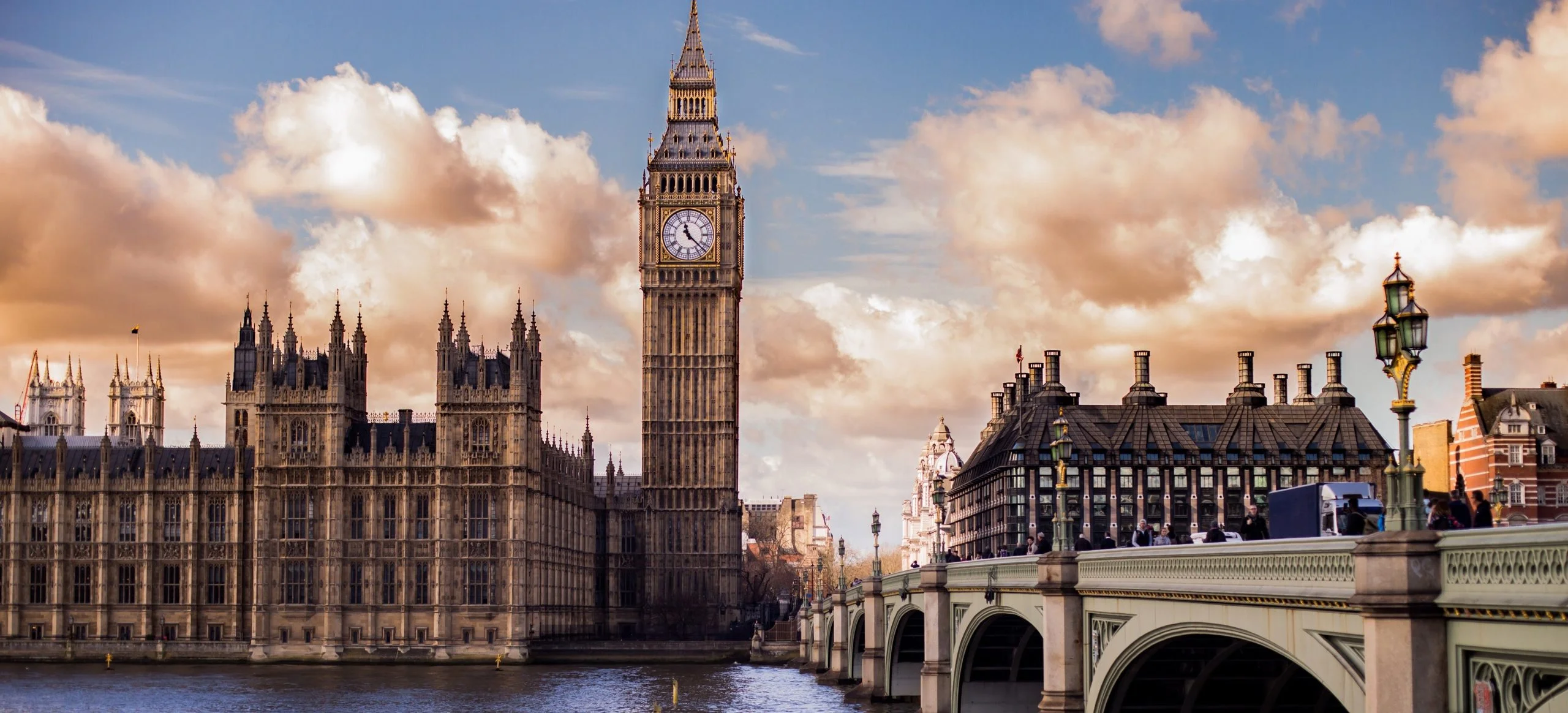- KNOWLEDGE BASE
- MENTAL HEALTH
- ADHD
- ADHD vs. Anxiety
- ADHD Burnout
- Entrepreneurs With ADHD
- Rejection Sensitive Dysphoria
- Hyperfixation
- Depression And ADHD
- Inattentive ADHD
- ADHD Awareness Month
- ADHD Statistics
- ADHD in Relationships
- How To Treat ADHD Without Medication
- Alcohol And ADHD
- ADHD With Bipolar Disorder
- ADHD Treatment
- ADHD
- ADD vs. ADHD
- Types of ADHD
- Anxiety
- Phobia
- Anxiety And Sleep Deprivation
- Hypochondriac Treatment
- A Mindful Recall: How are Anxiety and Memory Loss Connected?
- Work Anxiety
- Anxiety Paralysis
- Rumination
- DBT For Anxiety
- Stress Induced Migraine
- Premature Ejaculation And Anxiety
- Signs You are Recovering From Anxiety
- Anxiety Test
- Performance Anxiety
- Generalized Anxiety Disorder
- Effects of Anxiety on Physical Health
- How to Stop Shaking from Anxiety
- How to Explain Anxiety
- How To Overcome Fear Of Intimacy
- Worrying
- How To Get Rid of Anxiety Fast
- Alcohol And Anxiety
- Famous People And Celebrities With Generalized Anxiety Disorder
- Famous People And Celebrities With Anxiety Disorders
- Famous People And Celebrities With Social Anxiety Disorders
- Anxiety Treatment at Home
- Child Anxiety Treatment
- Generalized Anxiety Treatment
- Social Anxiety Treatment
- Anxiety Treatment
- Existential Anxiety
- Can Menopause Cause Anxiety or Panic Attacks
- COVID Anxiety
- Mania Vs. Hypomania
- Travel Anxiety
- Stress vs. Anxiety
- Can Anxiety Cause Nausea
- Insomnia from Anxiety
- Can Anxiety Cause Chest Pain
- Anger and Anxiety
- What does anxiety feel like
- Foods that Help Anxiety
- High Functioning Anxiety
- Anxiety vs. Depression
- Anger
- Autism
- Bipolar
- Bipolar Psychosis
- Bipolar Blackouts
- Dysphoric Mania
- Hypomania
- Bipolar 1 Vs Bipolar 2
- How To Stop A Manic Episode
- Alcohol And Bipolar
- Bipolar Disorder Test
- What Happens If You Take Lamictal And Do Not Have Bipolar Disorder
- Types of Bipolar Disorder
- Bipolar Disorder Treatment
- Best Therapy For Bipolar Disorder
- How A Person With Bipolar Thinks
- How To Fix Bipolar Disorder Without Meds
- How To Deal With Someone Who Is Bipolar And Angry
- Celebrities And Famous People With Bipolar Disorder
- Borderline
- BPD And Paranoia
- Petulant BPD
- BPD Parent
- DBT For BPD
- BPD Splitting
- BPD And Alcohol
- Borderline Personality Disorder: Signs & Dangers
- Borderline Personality Disorder Vs Bipolar Disorder
- What Is Splitting BPD
- Borderline Personality Disorder Treatment
- Famous People And Celebrities With Borderline Personality Disorder
- Burnout
- Codependency
- Depression
- Respiratory Depression
- Chronic Pain And Depression
- Depression Counselling
- Luxury Depression Treatment
- DBT For Depression
- The Rich People And Depression
- Postcoital Dysphoria
- Libido And Depression
- Situational Depression
- Famous People With Depression
- What Triggers Depression
- Depression Test
- How Long does PPD Last
- Depression Awareness Month
- What is Depression
- How to Get Motivated When Depressed
- How To Get Out Of A Depressive Episode
- Interpersonal Therapy For Depression
- Psychotic Depression Treatment
- Coping Skills for Depression
- How Do I Know If I Am Depressed
- Mood Disorder Treatment
- COVID-19 Depression
- Existential Depression
- Clinical Depression
- Stages of Depression
- How does Depression Effect The Brain
- High Function Depression
- Esteem
- Narcissism
- Reactive Abuse
- Communal Narcissist
- Dark empath
- CEOs And Narcissism
- Somatic Narcissist
- Narcissistic Father
- Narcissists And Suicide
- Narcissism And Alcoholism
- Traits of Narcissistic Mother
- How To Deal With A Narcissistic Parent
- Narcissistic Abuse examples
- Narcissistic Abuse cycle
- Narcissistic Withdrawal and Treatment
- Mental Health Issues Associated With Narcissistic Abuse
- Narcissistic Abuse
- OCD
- PTSD
- Trauma And Epigenetics
- People Pleasing Trauma
- PTSD Episodes
- Childhood Trauma Therapies
- Attachment Trauma
- PTSD Awareness Month
- PTSD And Dissociation
- Childhood Trauma And Addiction
- Childhood Emotional Neglect
- PTSD And Marriage Breakdown
- PTSD Test
- Vicarious Trauma
- PTSD and Post Traumatic Stress Disorder
- PTSD Statistics
- Fawning Trauma
- Trauma Residential Treatment Program
- PTSD Inpatient Treatment
- What to Do When Someone With PTSD Pushes You Away
- PTSD From Emotional Abuse
- Does PTSD Go Away
- Signs You Are Healing From Trauma
- Healing Generational Trauma
- What are the Symptoms and Triggers of Betrayal Trauma
- Betrayal Trauma Recovery
- Famous People With Posttraumatic Stress Disorder
- What To Do After Successful Recovery From PTSD
- PTSD and Traumas Treatment
- Abandonment Trauma and PTSD
- What is Trauma Bonding
- Complex Post-traumatic Stress Disorder
- COVID-19 PTSD
- Trauma Counseling
- BPD vs. CPTSD
- Childhood Trauma
- Types of Trauma
- CPTSD vs. PTSD
- Relationship
- Sleep
- Chronic Insomnia Treatment
- Psychological Effects Of Sleep Deprivation
- Sleep Deprivation Hallucinations
- Sleep Deprivation Psychosis
- PTSD And Sleep
- Hypnagogic Hallucinations
- Chronic Insomnia
- Insomnia Diagnosis and Treatment
- Sleep Apnea Treatment
- Narcolepsy Treatment
- Impact Of Sleep On Mental Health
- What Does Your Sleeping Position Say About You
- Other
- Mental Anguish
- Seasonal Affective Disorder (SAD)
- Failure To Launch Syndrome
- Epigenetics And Its Effects On Mental Health Disorders
- Somatic Delusions
- Empty Nest Syndrome
- Thought Blocking
- Executive Dysfunction
- Emotional Dysregulation
- Body Dysmorphia
- Self Harm
- Negative Self Talk
- Covert Incest
- Cyclothymic Disorder
- Grandiose Delusions
- Maladaptive Behavior
- Reactive Attachment Disorder
- Impulse Control Disorder
- Sensory Processing Disorder
- Battered Woman Syndrome
- Violent Intrusive Thoughts
- Financial Stress
- How To Cope With Suicidal Ideation
- What Is Suicidal Ideation
- Persecutory Delusions
- Emotional Crisis
- Signs Of An Emotional Crisis
- Types of Mental Disorders
- Mental Breakdown
- Statistics On Loneliness
- Loneliness
- Midlife Crisis
- Importance of Mental Health
- Breakup
- Overthinking and Worrying
- Self Sabotaging
- Boarding School Syndrome
- Commitment Issues
- Intrusive Thoughts
- Obsessive Thoughts
- Dermatillomania
- Trichotillomania
- Derealization
- Factitious Disorder
- DMDD Diagnosis
- INFP Celebrities
- Troubled Teens
- Mental Illness Treatment
- Existential Crisis
- Conversion Disorder
- Mental Health Counseling
- Mental Breakdown Symptoms
- ADHD
- MENTAL HEALTH
- ADDICTION
- Alcohol
- Fetal Alcohol Syndrome Celebrities
- How Alcohol Affect Brain And Central Nervous System
- Dry Drunk
- Alcohol Withdrawal Treatment
- Alcoholism Treatment
- Alcohol Detox
- Cross Faded
- Hangover Depression
- Alcoholic Neuropathy
- Alcohol Psychosis
- Alcohol Poisoning Treatment
- Alcoholism
- Wet Brain Syndrome
- Fetal Alcohol Syndrome
- Statistics Of Alcohol Abuse
- Alcohol Poisoning
- Alcohol Allergy
- Alcoholism Treatment Program
- What is Alcoholic Dementia
- How long to detox from Alcohol
- Alcohol Addiction Vs. Alcoholism
- Alcohol Abuse Vs. Alcoholism – Is There Any Difference
- What Are The Steps To Recovery From Alcohol
- Hangxiety
- Sober and Sobriety
- How To Cure a Hangover
- Alcohol Addiction
- How Long Does Alcohol Stay in Your System
- Blackout Drunk
- Public Intoxication
- Alcohol Effects on Brain
- Types of Alcohol
- ETOH Abuse
- Drugs
- Cocaine
- Marijuana
- Poppers Drug
- Drugs That Cause Serotonin Syndrome
- Vaping And Mental Health
- Kratom Addiction
- Khat, a herb or a drug
- Heroin Addiction
- Drug Addiction Statistics
- MDMA Addiction
- Heroin Addiction Treatment
- Drugs That Induce Psychosis
- How To Recover From Being Roofied
- Celebrities With Drug Addictions
- How To Recover From Edibles
- Drug Abuse in Athletes
- Nicotine Withdrawal
- What are the Effects of Drugs on Heart
- Drugs Abuse
- Prescription Drugs
- Antidepressants
- Antipsychotics
- Benzodiazepine
- Side Effects Of Xanax
- Snorting Xanax
- Xanax Overdose
- Xanax Addiction Treatment
- Xanax Addiction
- Does Xanax Make You Sleepy
- What are Benzodiazepine (Benzos)
- Temazepam
- Klonopin Addiction
- Valium and Alcohol
- Benzo Addiction Treatment
- Clonazepam Overdose and Withdrawal
- Clonazepam Side Effects
- Clonazepam
- Temazepam Overdose and Withdrawal
- What is Valium
- Ativan Addiction
- The Dangers of Lorazepam (Ativan)
- Xanax abuse and dependency
- Opioids
- Tramadol Side Effects
- Tramadol Withdrawal
- Oxycodone Addiction
- Tramadol Addiction
- Percocet Side Effects
- Percocet Withdrawal
- Percocet Addiction
- Fentanyl Rehab
- Morphine Withdrawal
- Fentanyl Withdrawal
- Fentanyl Poisoning
- Fentanyl Overdose
- Morphine Addiction
- Opioid Addiction Treatment
- Codeine Addiction Treatment
- Buprenorphine Withdrawal
- Fentanyl Addiction
- The Dangers of Buprenorphine
- Dilaudid vs. Morphine
- Is Morphine Stronger than Oxycodone
- How Long Does Fentanyl Stay in Your System
- Opioid Treatment Programs In New England
- Carfentanil
- List Of Opioids Strongest to Weakest
- Opana Addiction
- Tramadol, between medication and abuse
- Codeine Addiction
- Painkillers
- Lyrica Overdose
- Lyrica And Alcohol
- Galaxy Gas: A Comprehensive Look at Its Rising Misuse
- Lyrica Side Effects
- What Does Morphine Do To The Body
- Painkiller Addiction
- Gabapentin Withdrawal
- The Dangers of Abusing Co-codamol
- Lyrica Addiction
- Gabapentin Addiction
- Painkiller Addiction Treatment
- Pregabalin Withdrawal
- The Dangers of Solpadeine
- Muscle Relaxer Addiction
- Robaxin Addiction
- Norco Addiction
- What is Norco Drug
- Stimulants
- Should You Combine Lexapro and Adderall?
- Captagon
- Clenbuterol, The Benefits, The Dangers, and The Misuse
- Ritalin Addiction
- The Dangers of Methylphenidate (MPH/Ritalin)
- Dangers of misusing Amphetamine
- Adderall Addiction Treatment
- Ritalin Withdrawal
- Adderall Overdose
- Adderall Withdrawal
- Adderall Addiction
- Adderall FAQs
- Anabolic Steroid Addiction
- Dual Diagnosis
- Detox
- Behavioral Addiction
- Other
- Luxury Addiction Treatment
- Nodding Off
- Epigenetics And Addiction
- Chronic Pain And Addiction
- Adrenaline Junkie
- Why An Addict Can’t Love You
- Substance Abuse In College Students
- Addictive Personality
- Addiction Treatment
- Substance Abuse Treatment
- The Biology of Addiction
- What is a Dopamine Detox
- Drug and Alcohol Counseling
- 5 Stages of Addiction Recovery
- Addiction in Celebrities
- Athletes Addiction Treatment
- Problems in Halfway houses
- What is a halfway house?
- Relapse
- Flashing Lights: Celebrities’ Addictions in the Dark
- Alcohol
- ADDICTION
- EATING DISORDER
- Anorexia
- BED
- Bulimia
- Other
- How To Help Someone With An Eating Disorder
- Depression And Eating Disorders
- Eating Disorder From Anxiety
- Eating Disorder Test
- Compulsive Overeating Disorder
- Eating Disorder Statistics
- Social Media and Eating Disorders
- Different Types of Eating Disorders
- Eating Disorder Treatment
- What is Eating Disorder
- Types of Eating Disorders
- Eating Disorder Inpatient Treatment
- Laxative Abuse Treatment
- Residential Eating Disorder Treatment Program
- PICA Treatment
- ARFID Treatment
- Orthorexia Nervosa
- EATING DISORDER

SWISS MEDICAL EXPERTISE: MALLORCA, ZURICH, LONDON, MARBELLA, OFFSHORE






